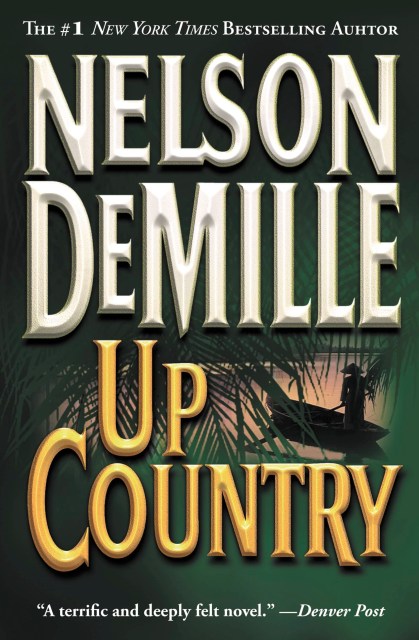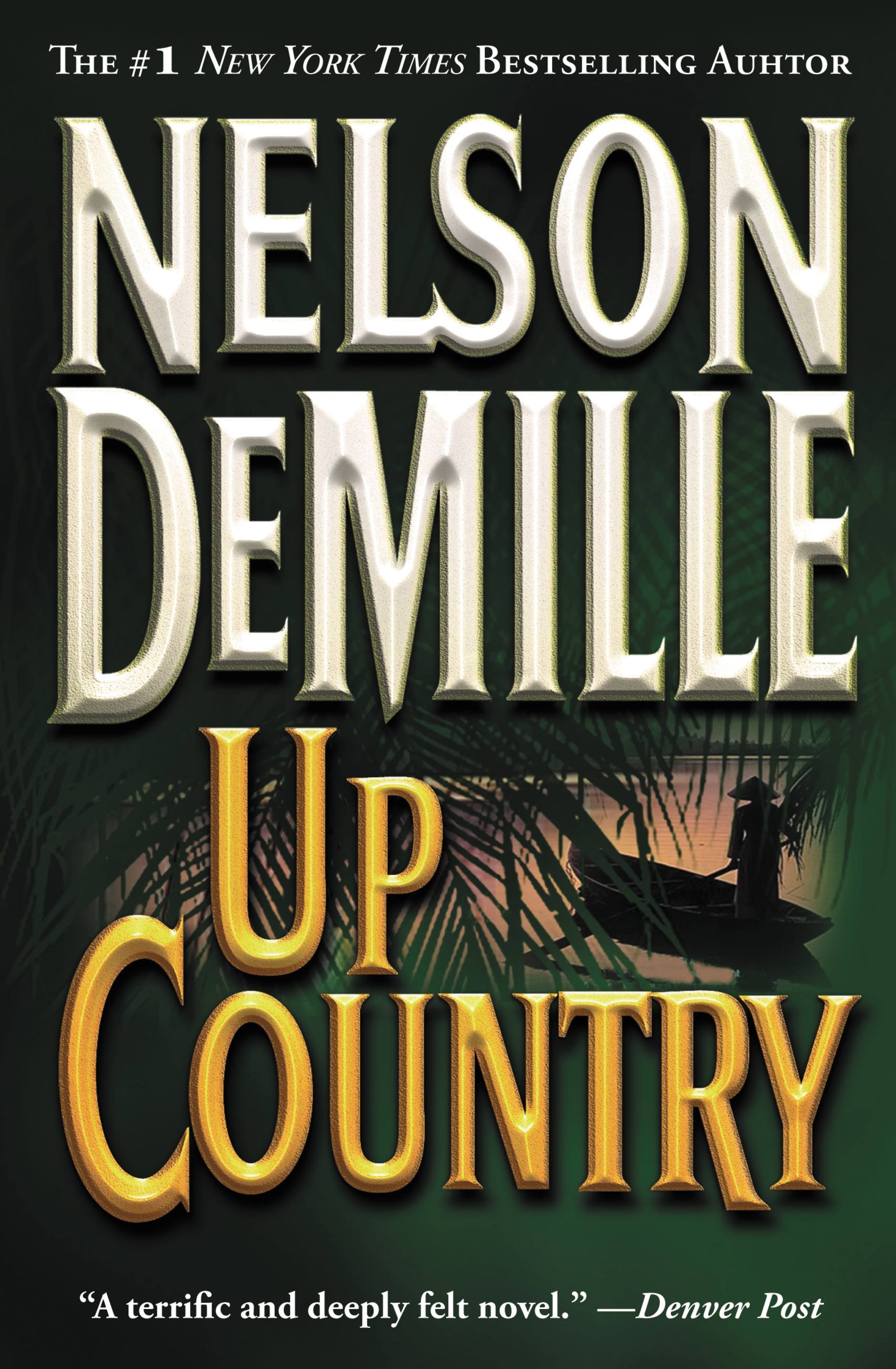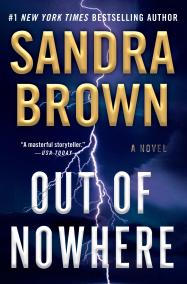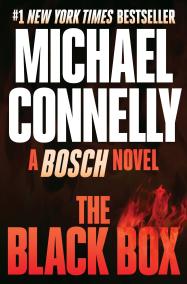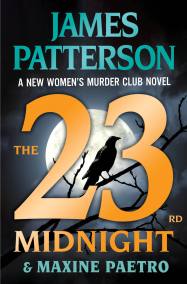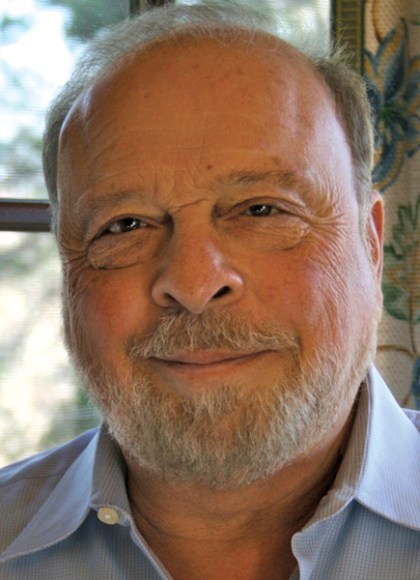Promotion
Use code MOM24 for 20% off site wide + free shipping over $45
Up Country
Contributors
Formats and Prices
Price
$21.99Price
$28.99 CADFormat
Format:
- Trade Paperback $21.99 $28.99 CAD
- ebook $7.99 $11.99 CAD
- Audiobook Download (Unabridged) $44.99
- Mass Market $9.99 $12.99 CAD
This item is a preorder. Your payment method will be charged immediately, and the product is expected to ship on or around November 6, 2007. This date is subject to change due to shipping delays beyond our control.
Also available from:
Former army homicide investigator Paul Brenner has just gotten used to the early retirement forced on him after the disastrous end of his last case when his old commanding officer asks him to return for one final mission: investigate a murder that took place in wartime Vietnam thirty years before. Brenner reluctantly accepts out of curiosity and loyalty…and maybe a touch of boredom. He won’t be bored for long.
Back in Vietnam, Brenner meets expatriate Susan Weber, a woman as exotic, sensual, and dangerous as the nation of her voluntary exile. Brenner is plunged into a world of corruption, lethal double cross, and haunted memories-as he’s suddenly thrust back into a war that neither he nor his country ever really stopped fighting.
Genre:
- On Sale
- Nov 6, 2007
- Page Count
- 736 pages
- Publisher
- Grand Central Publishing
- ISBN-13
- 9780446177931
Newsletter Signup
By clicking ‘Sign Up,’ I acknowledge that I have read and agree to Hachette Book Group’s Privacy Policy and Terms of Use
